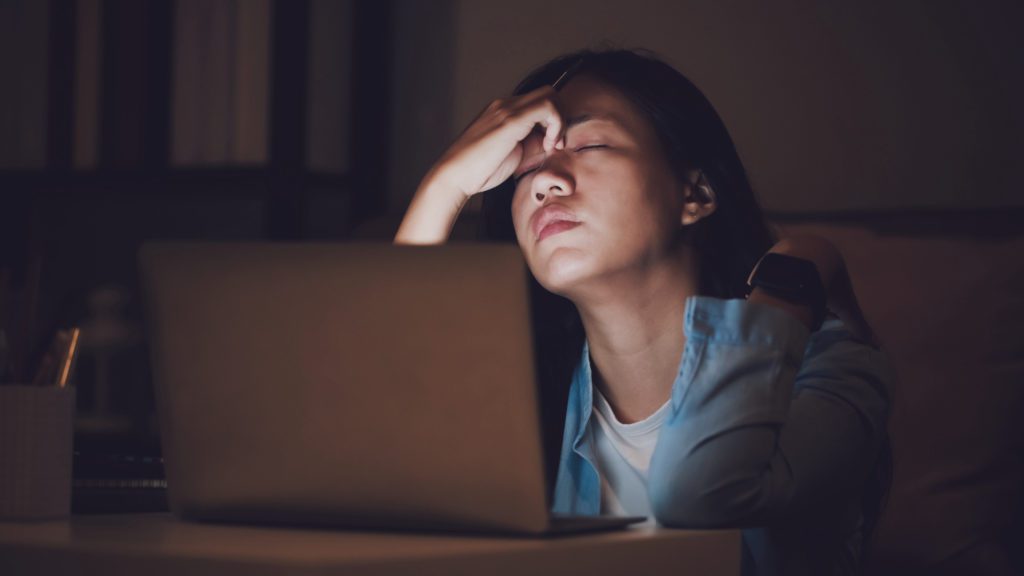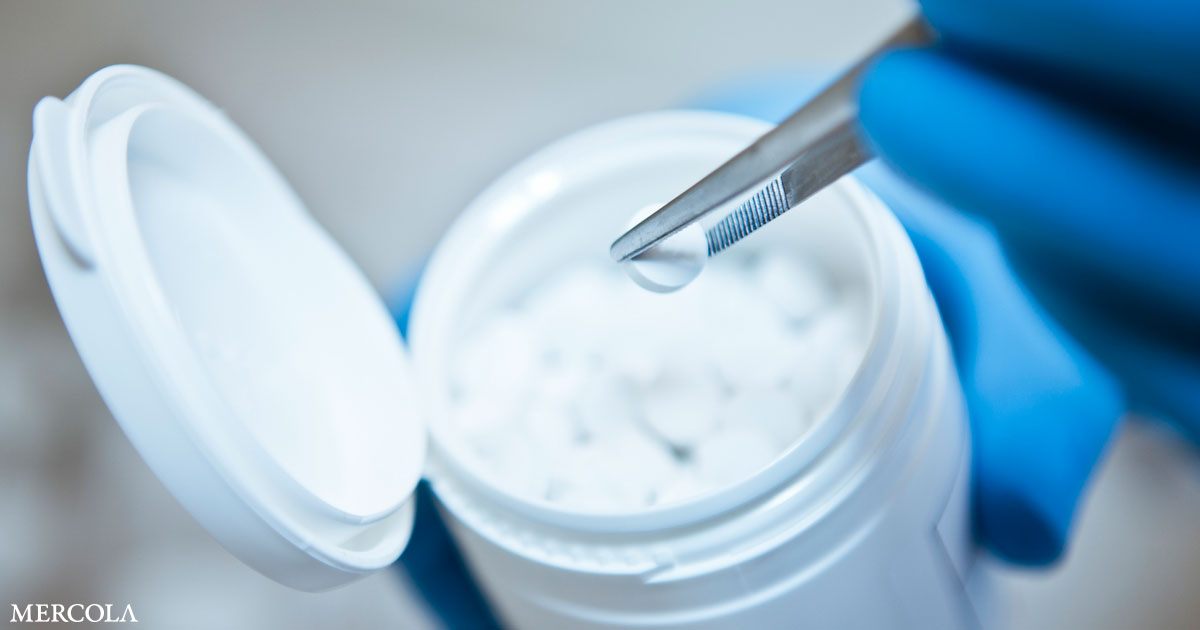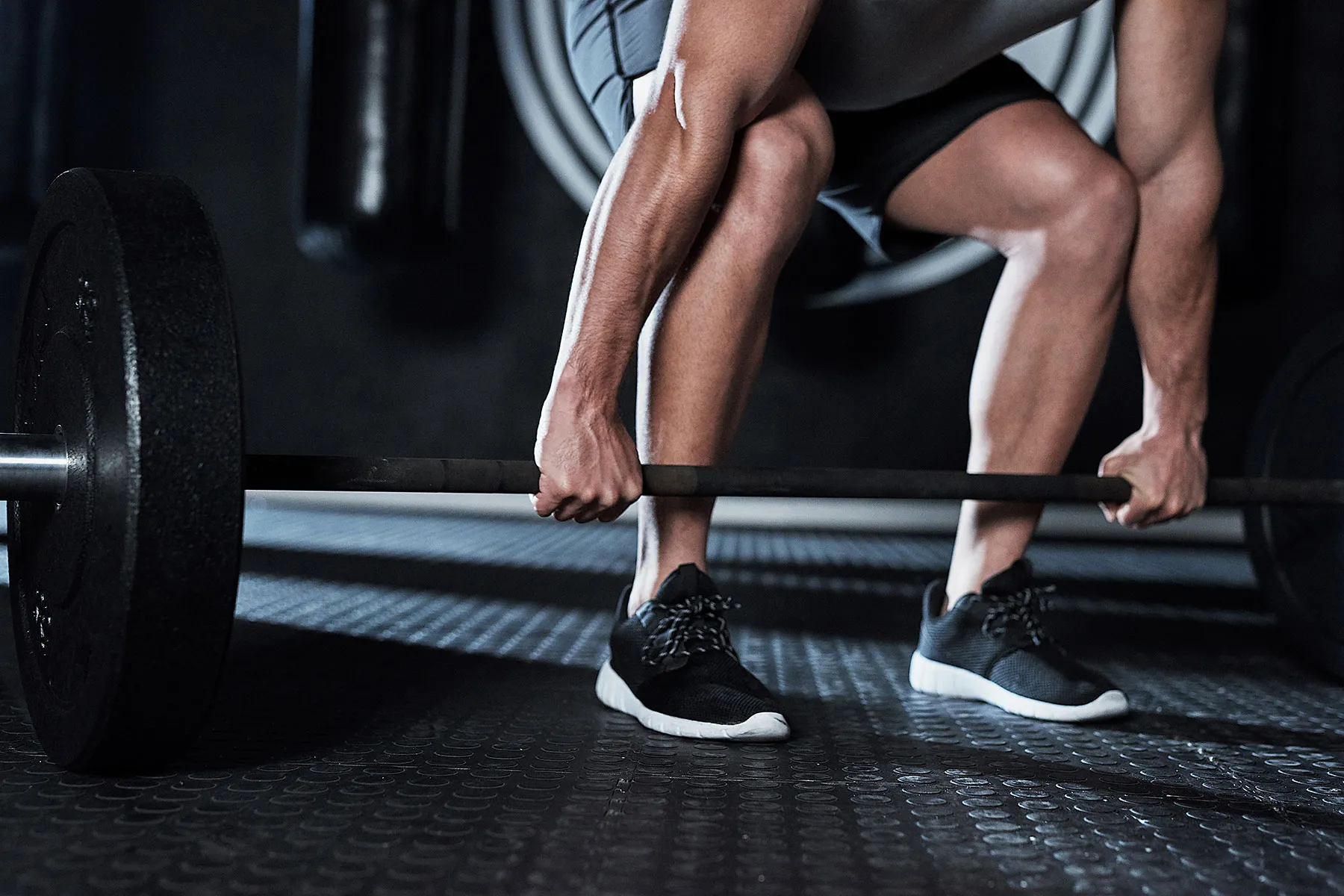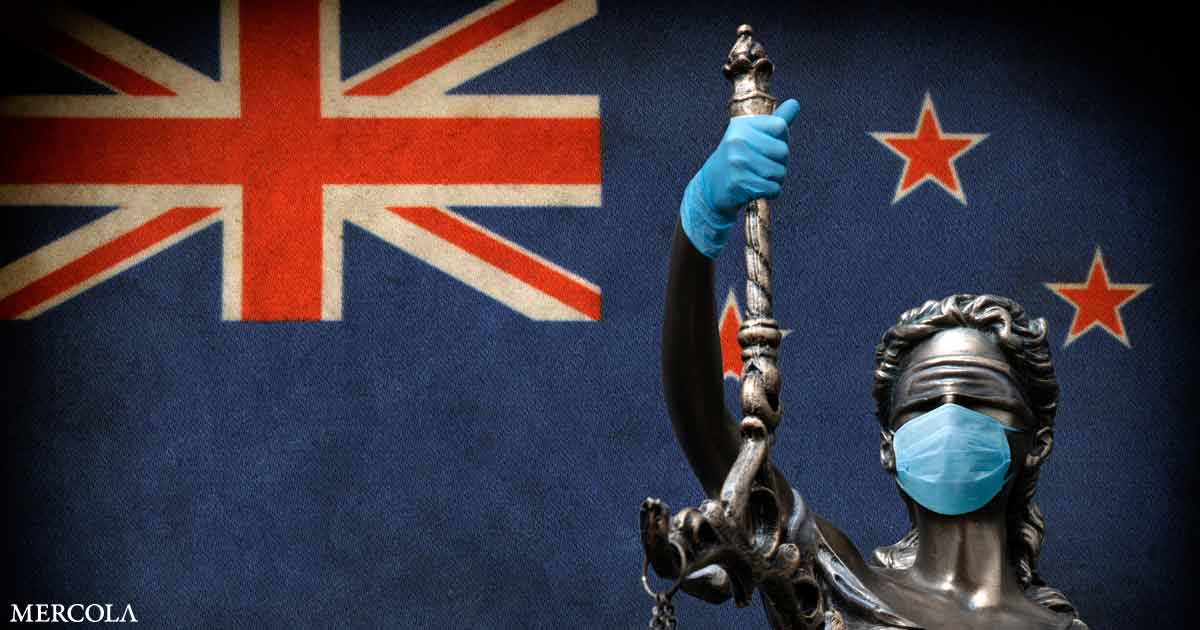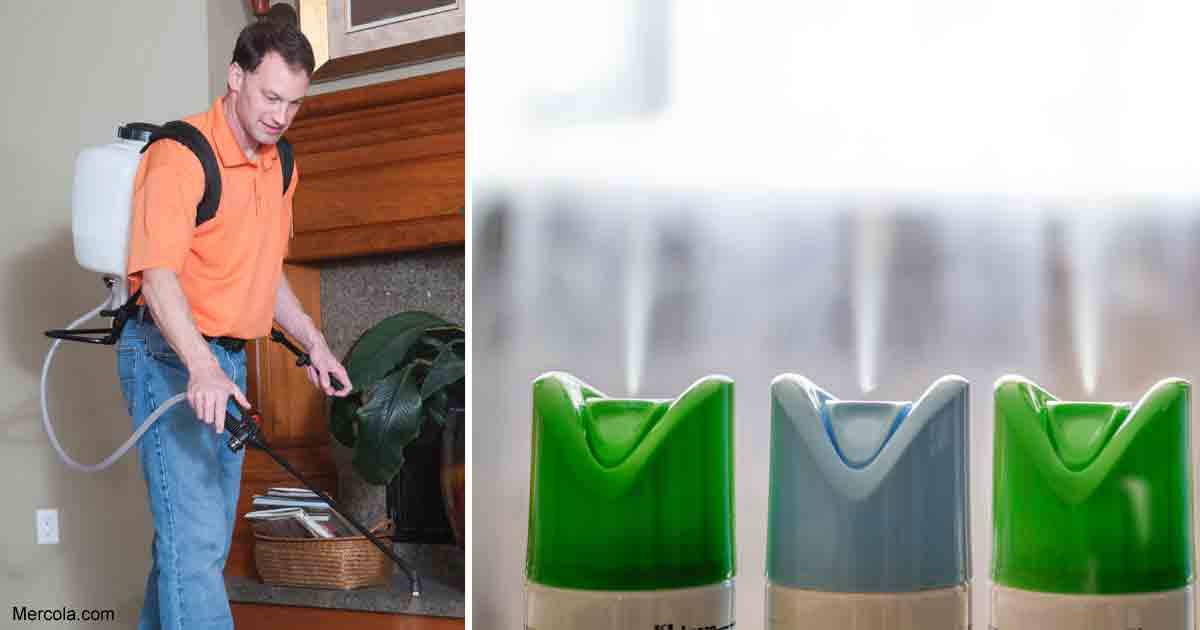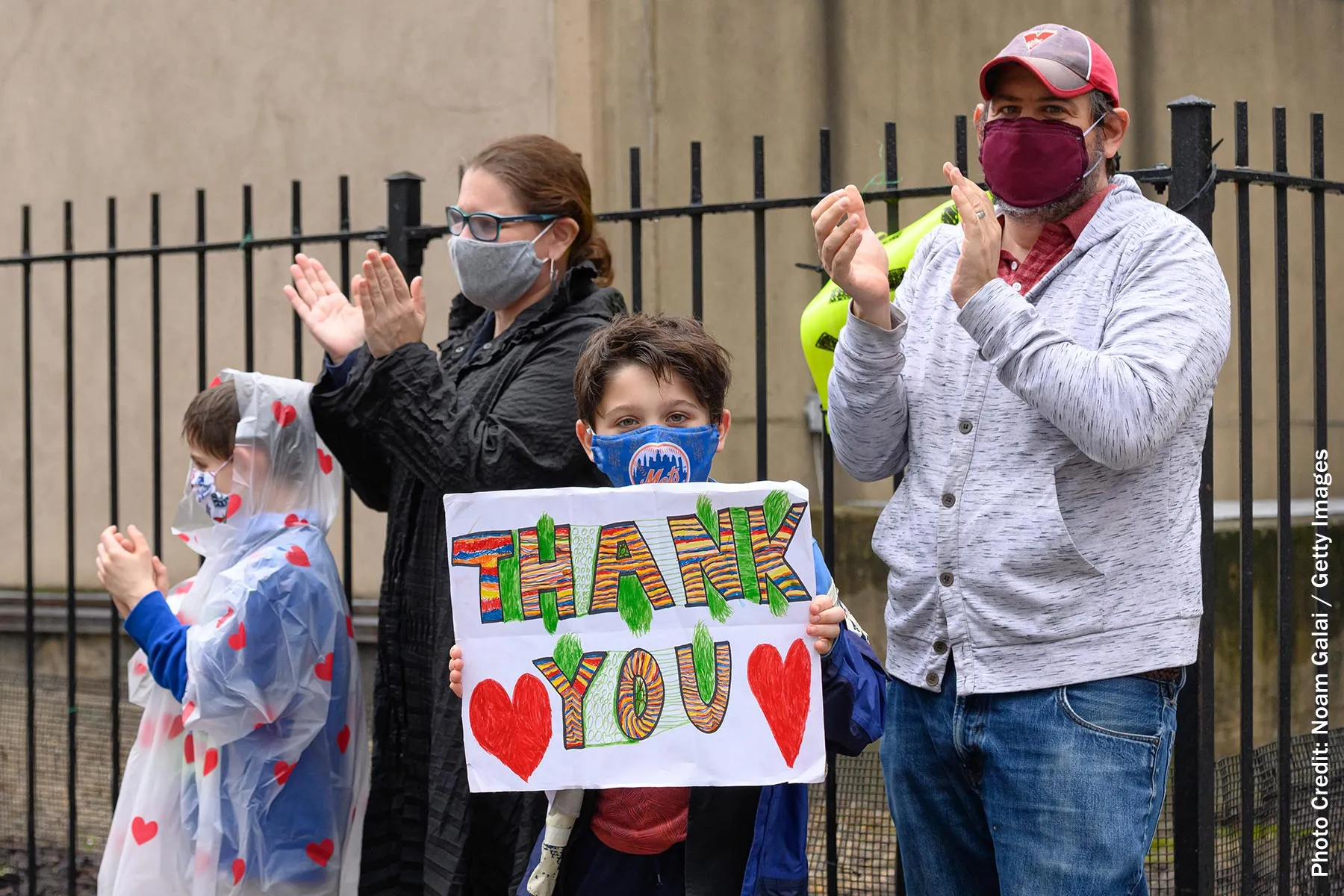
[ad_1]
Sept. 28, 2021 — When the coronavirus pandemic locked down the nation’s largest city in the spring of 2020, New Yorkers flocked to their windows to bang their pots and pans and yell their thanks to health care workers and first responders for saving a city ravaged by COVID-19.
But as the pandemic wore on, and many succumbed to crisis fatigue, the whoops and hollers for the health care workers slowed, replaced by the usual noise of honking cars and chatty pedestrians. But 18 months later, some of the faithful are still saluting these heroes, writes Darcie Wilder in this Gawker piece.
This nightly ritual has continued in neighborhoods throughout the city, including nightly renditions of “God Bless America” on the Upper West Side and noise-making minutes in Hell’s Kitchen, a New York City neighborhood that bore much of the brunt of the pandemic. This is also the neighborhood that saw the arrival of the USNS Comfort ship on the Hudson River and, months later, the opening of the Javits Center as a mass vaccination site for area residents.
“I think it’s lovely and heartwarming that they’re out there every night,” says Aleta LaFargue, an actor who lives in Hell’s Kitchen. “We’re not out of the storm, and people are still getting sick, so I think it’s really nice that there’s this gratitude and a reminder of what’s going on out there in the city and in the world.”
Ask Gail Saltz, MD, a clinical associate professor of psychiatry at New York Presbyterian Hospital, the host of the “How Can I Help?” podcast from iHeartRadio, and a New Yorker herself. She says there’s something very positive about continuing this nightly tradition.
“If cheering helps you feel like you’re doing something positive in the face of a lot of helplessness in the pandemic, then yes, that’s healthy for your mind,” she says. “If cheering gives you a sense of gratitude for health care workers and other helpers, then that’s also healthy.”
It also feels good to follow through on a promise.
“For us in New York City, it’s this idea of, ‘OMG these essential workers, the hospitals are full, we won’t be able to repay them for what they did for us,’” says Phil O’Brien, editor and publisher of W42ST, a daily newsletter and website. “I admire those who have the special purpose to remember this when it would be so much easier to let life get in the way.”
Continuing to do a 7 p.m. shout-out might also be therapeutic, given anxiety-producing headlines and concerning COVID-19 numbers and stats.
“The pandemic is ongoing, so doing things that help you to feel less anxious, to boost your mood and to get support — while maintaining safety — is all still important,” Saltz says.
Ultimately, for many New Yorkers, the goal is the same: To never forget.
“It’s easy in our culture to experience some atrocity and then, a week later, we’re onto the next thing,” LaFargue says. “This ritual is banging you in the head to remind you that this [isn’t] over. There’s a value to that.”
[ad_2]
Source link

